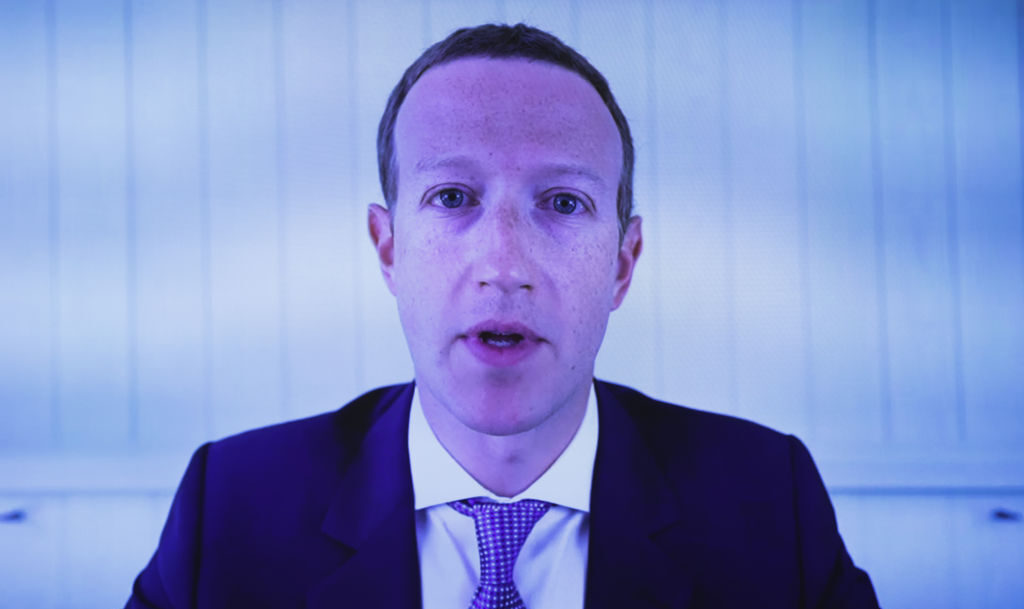If one good thing came of this summer’s long, painful and ultimately futile Conservative leadership race, it was the overdue realisation that the Online Safety Bill would be bad for free speech in the UK.
International trade secretary Kemi Badenoch warned that the Government “should not be legislating for hurt feelings”. Meanwhile, in a notable intervention, Tory grandees David Davis, Sir Graham Brady, Steve Baker and Lord Frost urged the Government to drop plans which would see the state designate categories of free speech as “harmful”.
Now, after almost five months, the Government’s changes are here. So, what do they look like and has online free speech been saved? The answer, in short, is no.
In a regressive step, the Government has reverted to a policy which will see the state police the enforcement of Silicon Valley’s own terms and conditions. This is a capitulation and legally outsources the rules that govern the limitations of our speech to Big Tech actors in the US.
These corporate speech codes are dire when it comes to safeguarding freedom of expression, prohibiting all kinds of speech which are otherwise permitted in the UK. They are the same platform rules that have seen women censored on Facebook for calling men stupid under the guise of “hate speech”, or Ofcom-regulated broadcasters de-platformed on YouTube for breaching their rules on so-called “medical misinformation”.
These rules, or “community guidelines” as their Californian architects often dub them, are designed to safeguard platforms’ corporate reputations, optimise economic benefits, and grant legal protection to the company rather the rights and interests of their users. According to the Government’s announcement, instead of creating their own categories of “harmful” speech, these Silicon Valley speech codes will become synonymous with British free speech standards.
For all of the warm words about freedom of expression since the summer, what the Government has never managed to understand is a broader fear that the Online Safety Bill would formalise an ever-converging relationship between Big Tech and the state. By co-opting platforms to act as their online speech police, the Government has some of the largest corporations the world has ever seen under its purview. This fusion of corporate and state power would be so potent it should send a shudder down the spine of those on both the Left and the Right who care about a free society.
There have, however, been a couple of free speech wins from today’s news. The Government’s plans to create a new criminal offence which expressly prohibited speech deemed to be “seriously distressing” is gone. This was always an intolerably low bar at which to criminalise expression and would have made all sorts of thorny but important topics legally taboo. Yet plans to outsource online speech policing to social media companies have been slipped back into the Bill, and campaigners will be concerned that many of the extraordinary surveillance powers in the Bill have also been retained.
Amid this complex legal mire of speech controls and digital governance, is our right to speak openly online safe? Don’t bet on it. “Legal but harmful” as it was known may be gone, but plans to formalise Silicon Valley’s role as our online speech censors loom larger than ever.











Join the discussion
Join like minded readers that support our journalism by becoming a paid subscriber
To join the discussion in the comments, become a paid subscriber.
Join like minded readers that support our journalism, read unlimited articles and enjoy other subscriber-only benefits.
Subscribe